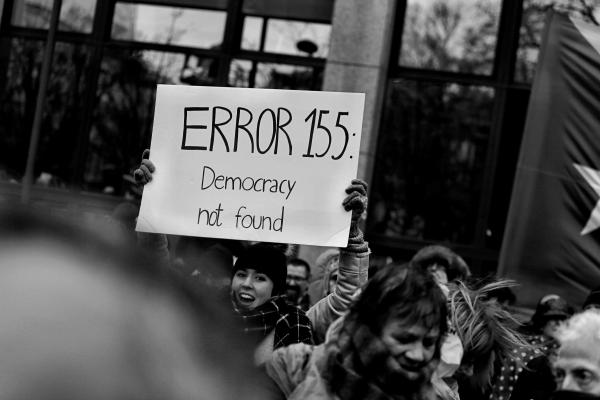Oct 11, 2018
Of course the system is rigged — systems are always rigged to protect the wealth, power, and self-interest of those who created them, those who benefit from them. That’s not hyperbole; that’s reality, that’s human nature, and that’s what the Bible calls sin. And that’s why systems need to be held accountable — to the common good rather than just the system makers and controllers. And that’s why Jesus calls us to protect, in particular, "the least of these" who are most vulnerable to the systems' exploitation. This is why defending systems that just maintain the powerful’s own self-interest while neglecting the interests of others, especially the most vulnerable, is not just bad politics — it’s bad theology.
Read the Full Article

Already a subscriber? Login
